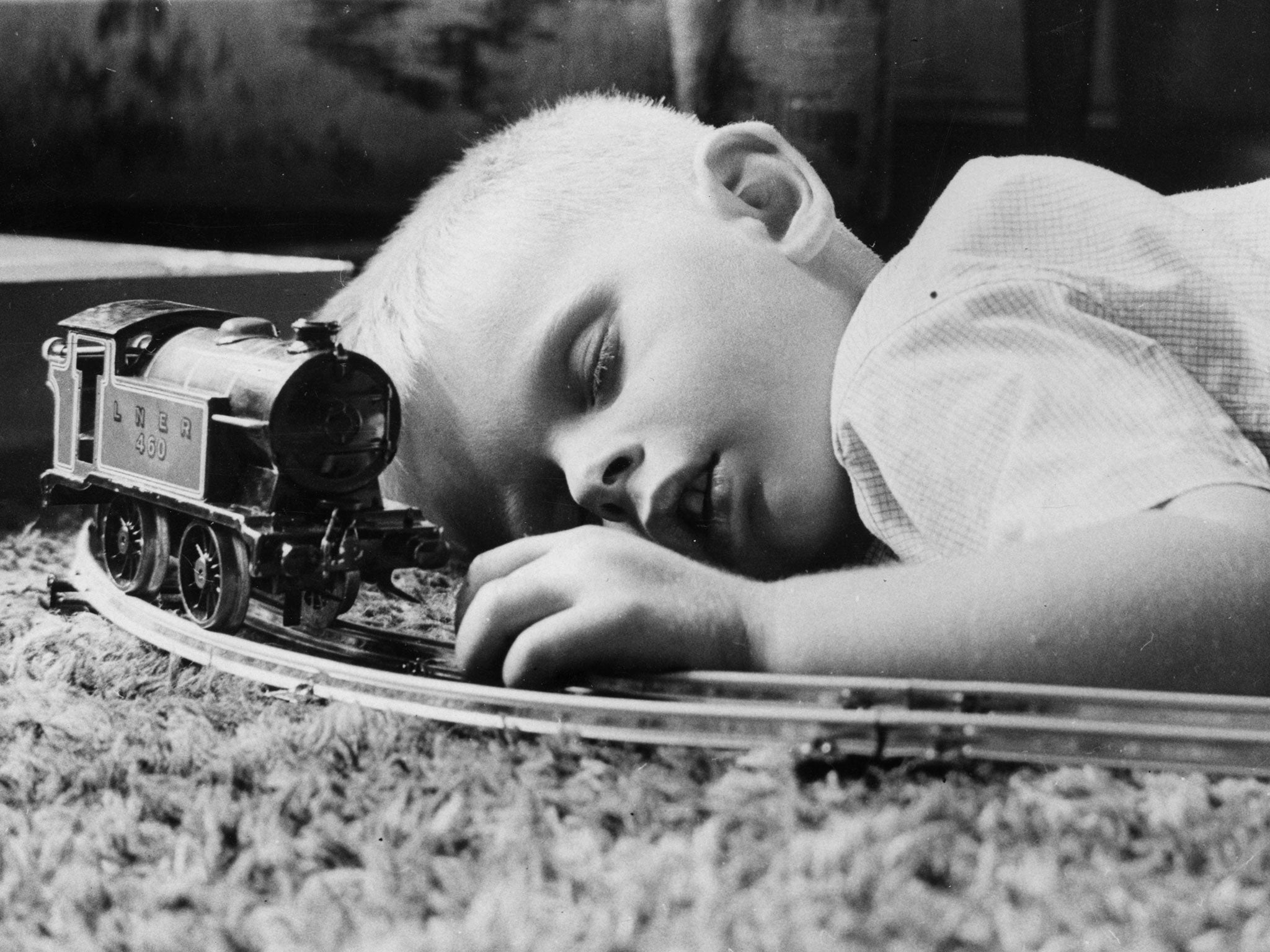What to do if you wake up before your alarm and don't want to feel tired all day
There's always that occasional day when you wake up an hour or two before that classic ringing sound fills the room

Your support helps us to tell the story
From reproductive rights to climate change to Big Tech, The Independent is on the ground when the story is developing. Whether it's investigating the financials of Elon Musk's pro-Trump PAC or producing our latest documentary, 'The A Word', which shines a light on the American women fighting for reproductive rights, we know how important it is to parse out the facts from the messaging.
At such a critical moment in US history, we need reporters on the ground. Your donation allows us to keep sending journalists to speak to both sides of the story.
The Independent is trusted by Americans across the entire political spectrum. And unlike many other quality news outlets, we choose not to lock Americans out of our reporting and analysis with paywalls. We believe quality journalism should be available to everyone, paid for by those who can afford it.
Your support makes all the difference.Many of us start the morning with the sound of an alarm. Yet there's always that occasional day when you wake up an hour or two before that classic ringing sound fills the room.
On mornings like this, you've got two choices: Either emerge from the covers and get a head start to the day, or you try to go back to sleep.
But which is the better choice if you want to avoid feeling tired and groggy all day?
That's the question we asked Mayo Clinic professor of medicine and former president of the American Academy of Sleep Medicine Timothy Morgenthaler, MD.
Morgenthaler, who's also board certified in the field of sleep medicine, says before you choose you should first ask yourself an obvious, yet key, question: “Am I done sleeping?”
An easy way to answer this question is to determine whether you've put in enough hours of sleep. Most adults need between seven and eight hours of sleep a day, and there's no way of getting around that, according to the National Institute of Health.
If you've clocked in enough shut-eye, then waking up early is simply your body's natural reaction to two interacting systems that control “the overall drive to sleep or stay asleep,” said Morgenthaler:
1. The first is called sleep homeostasis, a basic principal that pushes you to sleep longer and more intensely if and when you haven't slept enough.
2. The second is your circadian rhythm, or your internal biological clock, which is responsible for why we start to feel tired in the evening, as opposed to the morning or afternoon.
While the homeostatic mechanism in your body regulates the intensity of your sleep, your circadian clock regulates the time of day your body starts and stops craving sleep.
So if you occasionally wake up early after putting in at least seven hours of sleep the night before, it's probably your body's way of telling you that you've satisfied both systems and you should get up and start your day, Morgenthaler said.

“The overall best is if you can wake up naturally because you’re done sleeping,” he said.
On the other hand, if you're waking up early on just a few hours of sleep, you should probably try and squeeze in some more shuteye.
If you get up early, you're not only depriving yourself of sleep, but you're also robbing your body of the majority of REM (rapid eye movement) sleep — the stage of sleep that, according to the National Sleep Foundation:
* Provides energy to brain and body
* Supports daytime performance
* Is when the brain is active and dreams occur
In general, many of us get the most of our REM sleep between the hours of 3 a.m. and 7 a.m. So if you're waking up early between those hours and you haven't had at least seven hours of shut-eye, you might begin to feel groggy as the day pushes on.
Bottom line: If you're like most adults, then you need at least seven hours of sleep a night — regardless of when you first wake up.
Read more:
• European PMI day: France is holding everyone else back
• Google Chrome is getting a redesign — here's what it looks like
• 12 things successful people do right before bed
Read the original article on Business Insider UK. © 2015. Follow Business Insider UK on Twitter.
Join our commenting forum
Join thought-provoking conversations, follow other Independent readers and see their replies
Comments